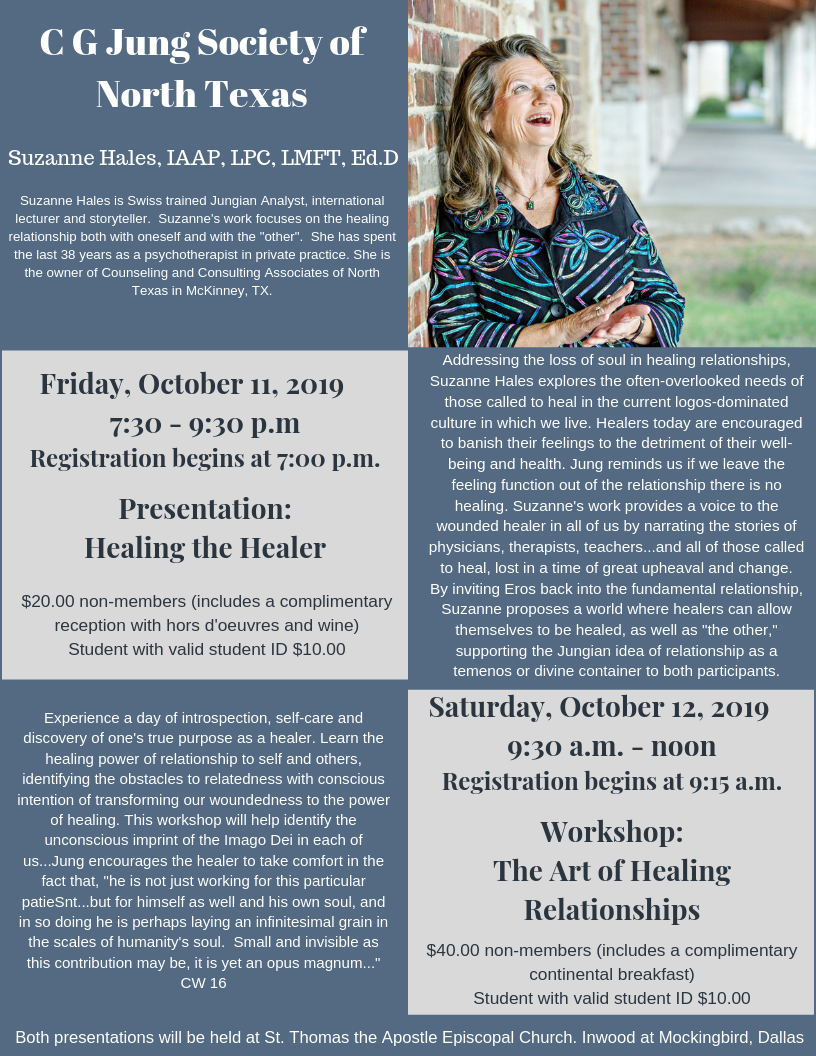There are various types of couples therapy. Starting from Emotionally Focused Therapy, Imago Relationship Therapy, and Gottman Method. These therapies aim to improve communication, increase empathy, and promote understanding in relationships.
Therapies such as Behavioral Couple Therapy and Cognitive-Behavioral Couple Therapy. Solely focus on changing negative patterns and improving problem-solving skills. Other types, like Narrative Therapy and Solution-Focused Therapy. Emphasize creating new narratives and positive solutions for couples. Moreover, therapies such as Discernment Counseling and Psychodynamic Couples Therapy delve into deeper emotional issues and individual histories.
These approaches can be custom depending on the unique needs of each couple. Offering hope for healing and growth in their relationship.
Cognitive-behavioral Therapy (CBT)
Cognitive-behavioral therapy (CBT) is a widely known and effective type of couples therapy. Its main focus is to identify and change negative thought patterns. As well as recreate positive behaviors that may be causing relationship problems. The primary idea of this therapy is that our thoughts, feelings, and actions all have interconnection. So, by addressing and modifying negative patterns. Couples can improve their communication and enhance their overall relationship satisfaction.
Techniques And Strategies
Cognitive-behavioral therapy (CBT) in couples therapy incorporates various techniques and strategies to foster positive change. Key methods include:
- Identifying negative thought patterns: Couples learn to recognize and challenge negative thoughts and beliefs that contribute to relationship distress. This skill empowers them to replace these thoughts with more constructive and supportive ones.
- Improving communication skills: CBT equips couples with effective communication techniques, such as active listening and assertive expression of emotions. These skills promote understanding, empathy, and better conflict resolution.
- Setting and achieving goals: Therapists using CBT help couples set realistic and achievable goals for their relationship. This process encourages collaboration and provides a roadmap for progress.
Effectiveness In Couples Therapy
Cognitive-behavioral therapy (CBT) has demonstrated significant effectiveness in couples therapy. Studies have shown that it can lead to improvements in relationship satisfaction, communication, and conflict-resolution skills. By targeting negative thoughts and behaviors, CBT helps couples develop healthier patterns and create a stronger foundation for their partnership.
Research has also indication that Cognitive-Behavioral Therapy (CBT) can be particularly advantageous in addressing specific challenges couples may face, such as trust issues, infidelity, or sexual difficulties. The structural and goal-oriented nature of CBT allows therapists to tailor interventions to the unique needs of each couple, promoting lasting positive change.
Emotionally Focused Therapy (EFT)
Emotionally Focused Therapy (EFT) is one of the best types of couples therapy for better emotional connections and improving communication. It helps couples relinquish their underlying emotions. It also offers practical tools to build a secure and lasting bond.
Emotionally Focused Therapy (EFT) is a highly effective approach to couples therapy that focuses on strengthening emotional bonds and attachment. EFT helps couples identify and restructure negative patterns of interaction. Allowing them to create a more secure and fulfilling relationship.
Attachment Theory
Attachment theory, in terms of John Bowlby. Human beings have an inherent need for emotional connection and attachment. Attachment theory explains how our early experiences with attachment figures. Starting from our parents, who shape our ability to form and maintain intimate relationships.
Shaping A More Secure Bond
Emotionally Focused Therapy (EFT) aims to shape a more secure bond between partners. By addressing underlying emotions and attachment needs. Also, by fostering a safe and supportive environment. A therapist helps couples explore their vulnerabilities, fears, and desires. Enabling them to develop a deeper realization and bond with each other.
Interaction
EFT focuses on creating new patterns of interaction that promote connection, trust, and emotional intimacy. Couples learn to recognize and communicate their needs effectively. Enabling them to break free from destructive cycles of blame, criticism, and defensiveness.
This type of couples therapy goes beyond surface-level issues and delves into the core emotions driving relationship dynamics. By addressing the root causes of relationship distress, EFT helps couples build a solid foundation of trust, mutual respect, and empathy.
Identification
During sessions, the therapist helps couples identify and reframe negative patterns of interaction. This highlights each partner’s emotions and attachment needs. Through this process, couples begin to recognize each other’s perspectives and develop healthier relationships.
EFT is highly effective in addressing a wide range of relationship issues. As couples delve deeper into their emotional experiences. They find the opportunity for healing, growth, and the cultivation of a stronger connection.
While EFT is established in the connection hypothesis, it additionally consolidates components from different kinds of couples treatment. Such as the Gottman Technique and Imago Treatment. By drawing from different methodologies. EFT gives a custom way to deal with and meet the novel requirements of each couple.
If you and your partner are experiencing difficulties in your relationship. Consider exploring Emotionally Focused Therapy (EFT). It offers a transformative and empowering journey towards building a more secure bond and creating a fulfilling partnership.
Imago Relationship Therapy
It’s true that we unconsciously choose a partner who can help us heal from past wounds and traumas. This mirrors the dynamics of our childhood experiences. This approach aims to help couples organize themselves. Also, overcome their unconscious patterns and reestablish connections.
Recreating Connection
It helps to recreate connections between partners by acknowledging each other’s experiences. Along with that listen to their emotions and needs. The therapist facilitates a safe environment for open communication. Guiding partners to express their feelings and perspectives without judgment.
Focusing On Growth
This type of therapy aims to help couples move beyond conflict. By throwing everything at each other they shine on the matter of proper bonding. Imago Relationship Therapy encourages partners to recognize each other’s strengths and potential. Which ensures growth and belief rather than placing blame or criticism on one another.
Gottman Method Couples Therapy
The Gottman Method Couples Therapy is a scientific approach to helping couples strengthen their relationships. Due to Drs. John and Julie Gottman, this method has been from over 40 years of research and clinical work. It focuses on figuring out and improving friendship and intimacy in relationships. It helps couples break through barriers to achieve a greater sense of connection and reconciliation.
The Four Horsemen Of The Apocalypse
In the context of the Gottman Method, the “four horsemen of the apocalypse” are critical negative communication patterns that can predict the end of a relationship. These include criticism, contempt, defensiveness, and stonewalling.
Building Love Maps
Another key aspect of the Gottman Method is the concept of building love maps. This refers to the emotional impact and awareness of your partner’s inner world. Including their likes, dislikes, dreams, and fears.
Narrative Therapy
Narrative Therapy is a highly effective approach. This therapy focuses on examining and reshaping the stories that couples tell themselves about their relationship. This therapy method acknowledges that our lives are made up of stories. So, the narratives we hold onto can significantly impact how we perceive our relationships.
Externalizing The Problem
In Narrative Therapy, the first step is to externalize the problem. This means the therapist needs to separate the issue from the individual solely. This helps the couple to see the problem as a separate entity that they can overcome by working together. This technique allows the couple to avoid blaming each other and focus on finding the betterment.
Reflective Listening
Reflective listening is a crucial element in various types of couples therapy. It encourages active engagement in conversation, promoting empathy, and fostering deeper connections.
The technique of Reflective Listening is an essential aspect of couples therapy. It provides couples with a custom and proper approach to communicate and empathize. Through active listening and expressing couples can comprehend each other’s perspectives and emotions. This method allows couples to engage in open and honest dialogue. Which helps for better communication and deeper connections. Reflective Listening can be an effective tool in resolving conflicts and developing strong relationships between partners.
How It Helps Couple To Understand Each Other
Reflective Listening plays a vital role in helping couples know each other on a deeper level. By actively listening to their partner’s thoughts and feelings, couples can gain insight into their partner’s perspective. This technique creates an atmosphere of respect and empathy, where partners can feel heard and understood. By reflecting on what they have heard, couples can clarify any misunderstandings and validate each other’s experiences. This process of reconsideration fosters trust and strengthens the emotional bond between partners.
Ensuring Effective Communication
Reflective Listening ensures effective communication between couples by encouraging them to actively engage in the conversation. Partners need to focus on listening and understanding their partner’s point of view. Rather than just waiting for their turn to speak. This technique helps couples avoid interrupting or dismissing each other’s thoughts and emotions. By taking turns and reflecting on what they have heard, couples can ensure that their communication is clear and meaningful. Through this process, couples can address issues constructively and respectfully, leading to more productive conversations.
Promoting Empathy And Emotional Connection
Reflective Listening promotes empathy and emotional connection between couples. By actively listening and acknowledging their partner’s experiences, couples can develop a deeper reconsideration of each other’s emotions. This empathetic approach builds a sense of emotional closeness, allowing partners to feel each other support. As partners reflect on what they have heard, they demonstrate their empathy and compassion, strengthening the emotional bond within the relationship. This increased emotional connection creates a solid foundation for couples to navigate challenges and grow together.
Implementing Reflective Listening In Couples Therapy
In couples therapy sessions, therapists may guide couples in practicing Reflective Listening. They help couples establish ground rules for effective communication and provide support and feedback throughout the process. Couples may be encouraged to use non-verbal cues, such as nodding or maintaining eye contact. To show that they can actively engage in the conversation. Therapists may also teach couples techniques for paraphrasing and reflecting on their partner’s words. These skills can be beneficial in strengthening communication both in therapy sessions and in couples’ daily lives.
Frequently Asked Questions
What Are The Different Types Of Couples Therapy?
Couples therapy includes techniques such as emotion-focused therapy, the Gottman method, and narrative therapy. Other methods like solution-focused therapy and imago relationship therapy are also effective.
How Can Couples Therapy Help Improve Relationships?
Couples therapy provides a safe space for open communication, conflict resolution, and reconciling each other’s perspectives. It helps couples develop healthier relationships and promotes emotional intimacy and connection.
Is Couples Therapy Suitable For All Couples?
Couples treatment is useful for couples confronting difficulties in their relationship. It is compelling for couples battling with correspondence, trust issues, or annoying contentions.
Conclusion
To wrap up, these couples therapy offers a diverse range of approaches to help couples strengthen their relationships. Whether it’s through communication techniques, emotional processing, or exploring past experiences, each therapy modality brings its unique benefits.
By identifying the most suitable therapy for their specific challenges. Couples can embark on a journey toward greater reconsideration, connection, and overall relationship satisfaction. Remember, it’s never too late to seek the support and guidance needed to create a happier and healthier partnership.



